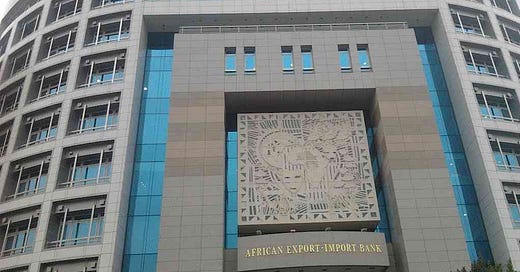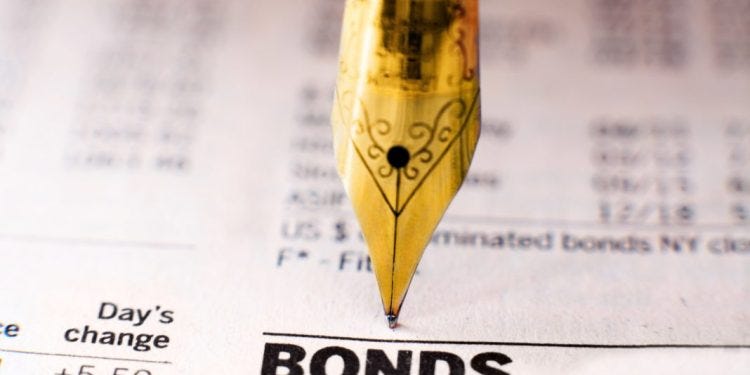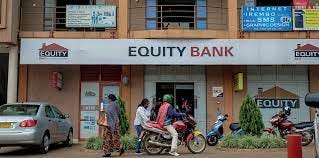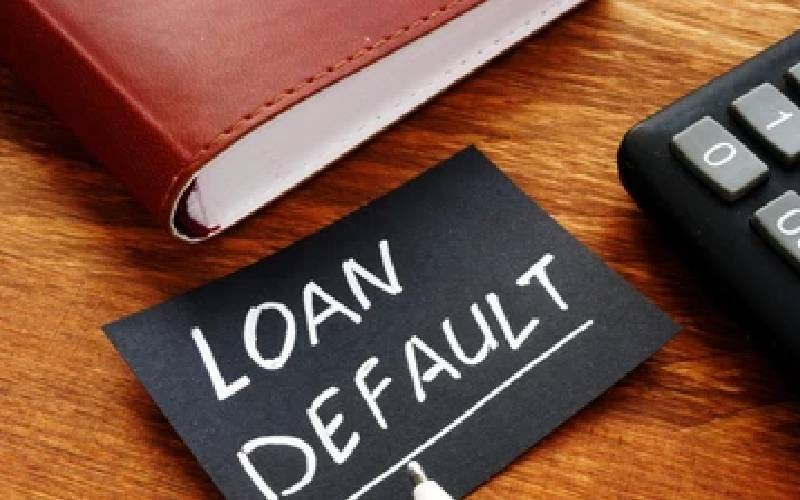Happy new week.
Double land rates for Landowners in Nairobi
From January, Property owners in Nairobi will pay up to double the current land rates. This is because Nairobi County seeks additional levies from landowners to match the increase in land costs over the past 42 years.
City Hall issued a notice that the new rates will apply from the start of 2023. The new rates will be based on 0.115% of the current value of undeveloped land.
Implications of the increase in rates
This will lead to costly levies and a possible rise in rent as landlords move to recover the additional costs.
For lands not exceeding 0.1 HA, a flat rate charge of Sh2,560 will apply
For land greater than 0.1HA and not exceeding 0.2HA, the owners will pay Ksh 3,200 annually.
For land greater than 0.2HA and not exceeding 0.4HA, a charge of Sh4,000 will apply
Land exceeding 0.4HA will attract a land rate of 4,800
what are the current land rates
land rates are paid at 25% of the unimproved site value based on the 1980 valuation roll,
The new rates will apply to residential, commercial and agricultural plots within the capital city.
ECONOMY
Kenya Signs KES 360 Billion Loan Deal with Afrexim Bank
Kenya is set to receive a Ksh 369.9 billion ($3 billion) loan from African Export-Import (Afrexim) Bank.
This was announced during a meeting between President William Ruto and Prof Benedict Okey Oramah, President and Chairman of the Board of Directors of the African Export-Import Bank.
During the meeting held at State House Nairobi on Thursday, Prof Oramah said the bank was excited by the opportunity to roll out this package of financing as part of its efforts to support Kenya as it navigates the current unprecedented global economic challenges.
A technical team drawn from the Kenyan government and Afeximbank is expected to begin working on the structure of the support.
Some details of the agreement
A significant part of the support will involve the establishment of a Kenya Climate Change Adaptation Facility.
Afreximbank will put in place ksh 98.64 million $800 million financing towards building 100 dams which will help Kenya double its irrigated area while paying particular attention to regions experiencing water shortages as a result of the impact of climate change.
CAPITAL MARKETS
Treasury seeks to convert ksh 87 billion debt into new bond
Treasury is looking to convert Ksh 87.8 billion worth of government securities that are due to mature in January into a medium-term infrastructure bond in order to avoid a cash crisis that was witnessed early this year.
The direct conversion of maturing Treasury bills and bonds into longer-term security (which is known as a switch bond) has only been done only before. This was in June 2020.
The Central Bank of Kenya (CBK) stated that it is primarily looking to roll over a maturing two-year bond issued in January 2021, from which Ksh 55.85 billion is due to be repaid to investors.
There are also three Treasury bills to be rolled over at the same time, comprising a 91-day paper for Sh10.97 billion, a 182-day T-bill worth Sh8.8 billion and a 364-day paper with a value of Sh12.19 billion.
Holders of all these securities are now being offered a chance to roll over their funds into a tax-free, six-year infrastructure bond, whose interest rate will be market determined.
BANKING
1. Equity Bank to raise interest rates from January
As of January next year, Equity Bank plans to fully start pricing loans based on the risk profile of borrowers
The Bank will implement risk-based lending nearly a year after getting greenlight from the Central Bank of Kenya in March to price credit at an interest rate of up to 18.5% per annum.
The CBK has approved formulas for pricing of risks from more than half of the industry’s 39 Banks
Most banks are yet to fully price loans based on risk profile, largely locking out borrowers with high chances of defaulting especially those without security or steady income streams.
2. NCBA writes off ksh 111 billion fuliza, mshwari loans
NCBA Bank will write off more than Ksh 11.25 billion of bad loans under its digital platforms.
Background
The Central Bank of Kenya (CBK) announced a credit repair framework seeking to remove phone digital borrowers from negative listing on credit reference bureaus (CRBs) and improve their credit standing.
NCBA Bank will be the hardest-hit lender in this recent banking sector framework aimed at removing Kenyans from negative credit listings.
Non-performing loans disbursed through digital platforms
The outstanding value of non-performing loans (NPLs) disbursed through digital platforms was estimated at Ksh 30 billion at the end of October.
Out of this, Fuliza and Mshwari combined account for Ksh 22.5 billion over a 10-year period, with a significant part under the overdraft facility shared with Safaricom and KCB, Fuliza.
NCBA stated that it is engaging borrowers under digital platforms—Fuliza and M-Shwari — who have defaulted on short-term loans to cancel 50% of the amount and repay half within six months.WHAT YOU MUST HAVE MISSED
Safaricom introduces expiry date to Bonga points
Last week, Safaricom introduced an expiry date on Bonga Points in a bid to encourage redemption and unlock the underlying revenue that totaled Ksh 4.5 billion as of march this year.
The company has told subscribers that all unredeemed Bonga points will now be expiring after three years, meaning that those accumulated before December 31, 2019, will expire effective January 1, 2023.
Parliament now wants the ICT Cabinet Secretary, Eliud Owalo, to explain the rationale behind the imposition of expiry dates on the services.
A third of Kenyan loan accounts are listed as defaulted with the country’s credit reference bureaus
Central Bank of Kenya (CBK) data indicate that 7 million of the 19 million accounts listed with the CRBs have been in default, and include 4.2 million linked to mobile phone loans.
The number of defaulted counts has grown by 52% from the 4.6 million recorded in December last year when the CRBs had 15 million unique borrowers on their records.
CBK World Bank loans to boost forex reserves
Kenya is seeking loans from the International Monetary Fund (IMF) and the World Bank Group to lift its foreign-exchange reserves which dipped below the set minimum level for the first time since 2015.
The Central Bank of Kenya (CBK) said yesterday that the expected flow of foreign loans would return the import cover to above the target level.
It’s the first time Kenya’s reserves have fallen to less than four months of import cover on a daily basis since October 2015, according to data compiled by Bloomberg.







